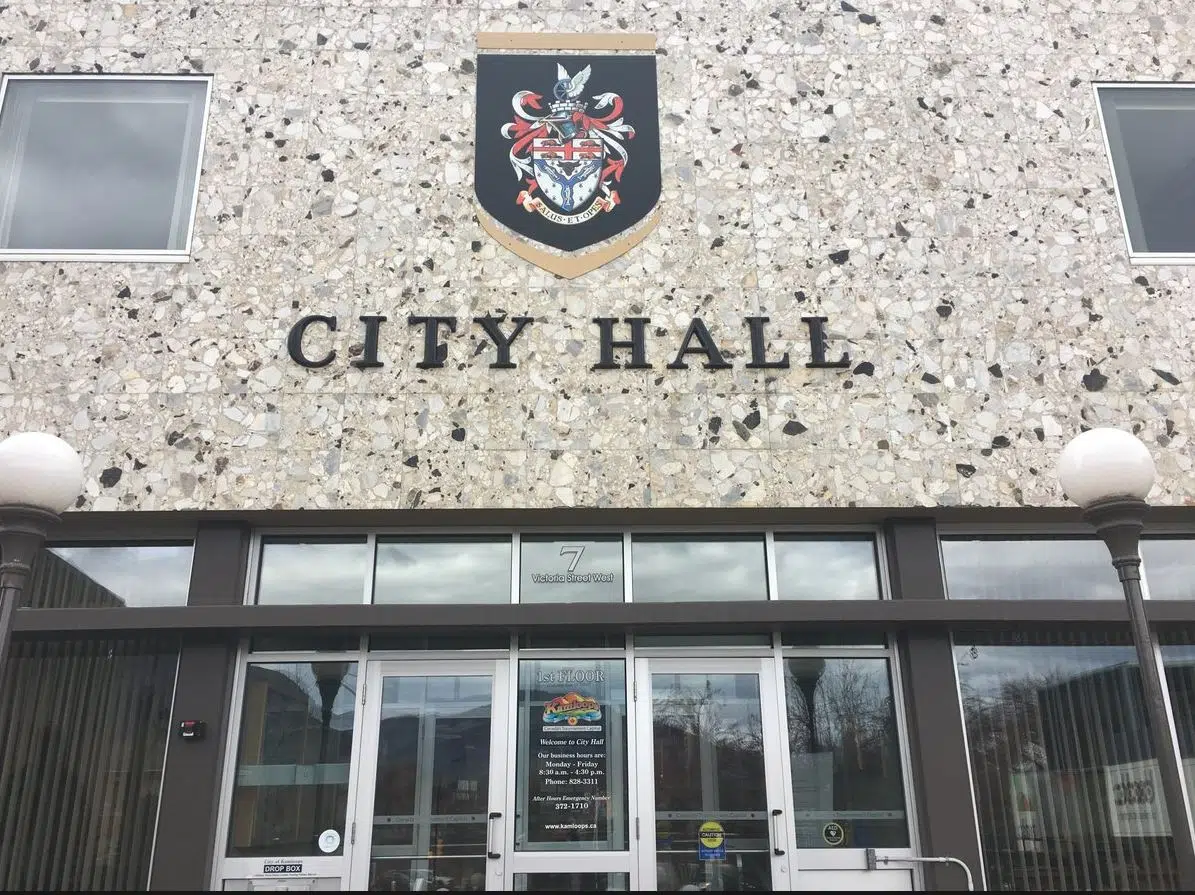
The Premier says he is confident that the Union of BC Municipalities (UBCM) is doing the best it can to address COVID-19 related questions from Kamloops as well as other municipalities in the province.
John Horgan says his government is working closely with UBCM President Maja Tait to ensure that municipalities are aware of the programs that have been announced by the province.
“[Maja Tait and I] have a long standing relationship,” he said during a conference call last week. “As well, weekly conference calls are held with the UBCM and Minister Selina Robinson about how we can better work together on delivering services for people.”
Horgan says municipalities have rules on how much money they can borrow and against running deficit budgets – issues he says are being discussed by the government and UBCM.
“Municipalities need to find ways to provide services, to continue to be available for citizens and they are constrained by a whole host of issues,” Horgan added. “We just have to work as hard as we can to ensure that we are lifting everyone up as best we can.”
Earlier this month, the province allowed municipal governments to borrow from their existing capital reserves without interest to pay for operating expenses, meaning they can temporarily run deficits, which typically is not allowed.
Horgan says B.C.’s municipalities all have a variety of different issues, and a one-size fits all solution isn’t going to work for everybody.
“Is it uneven across the board? Of course it is,” he said. “Similarly we have challenges with the federal government because the capacity that we need to provide services in this environment is brand new. We are creating it as we go, and that same challenges that municipalities have.”
Even so, municipalities across the province are re-evaluating their financial situations as facilities closed remain closed which has put some revenue streams on hold.
The city of Kamloops for instance has now cut more than $7.2 million in spending for this year, which has led to a 0.68 per cent reduction in the property tax increase to 2.29 per cent.
Council also allowed staff to borrow up to $15 million from the provincial government, if needed, to be used to cover budget shortfalls this year.














